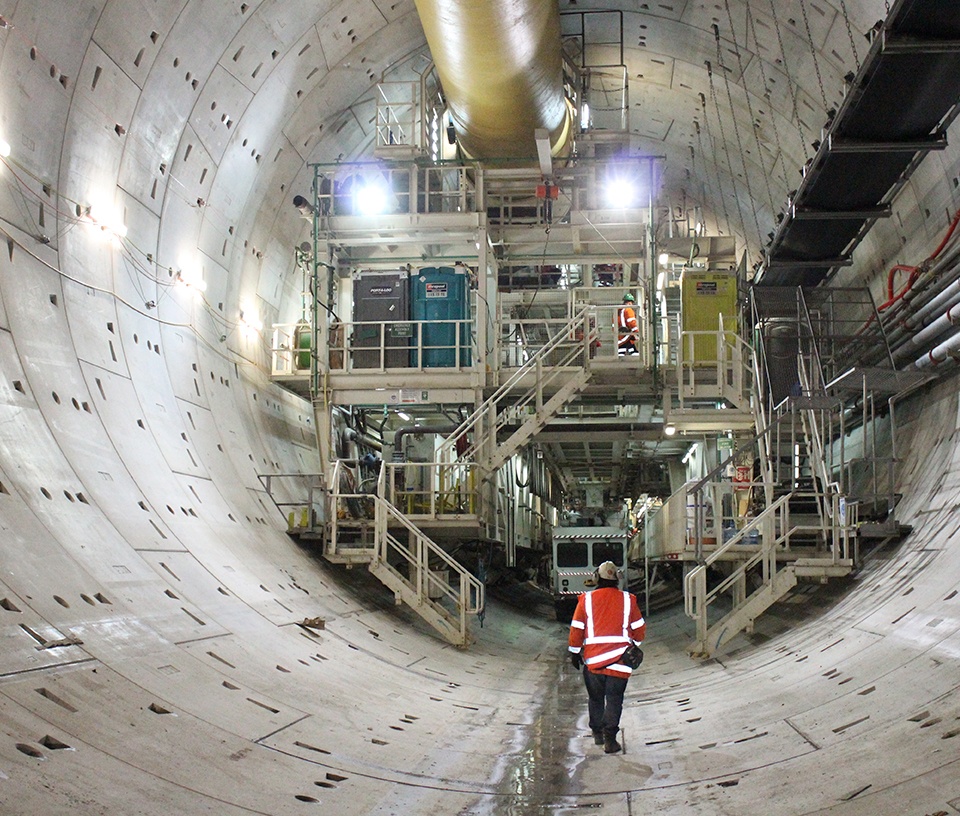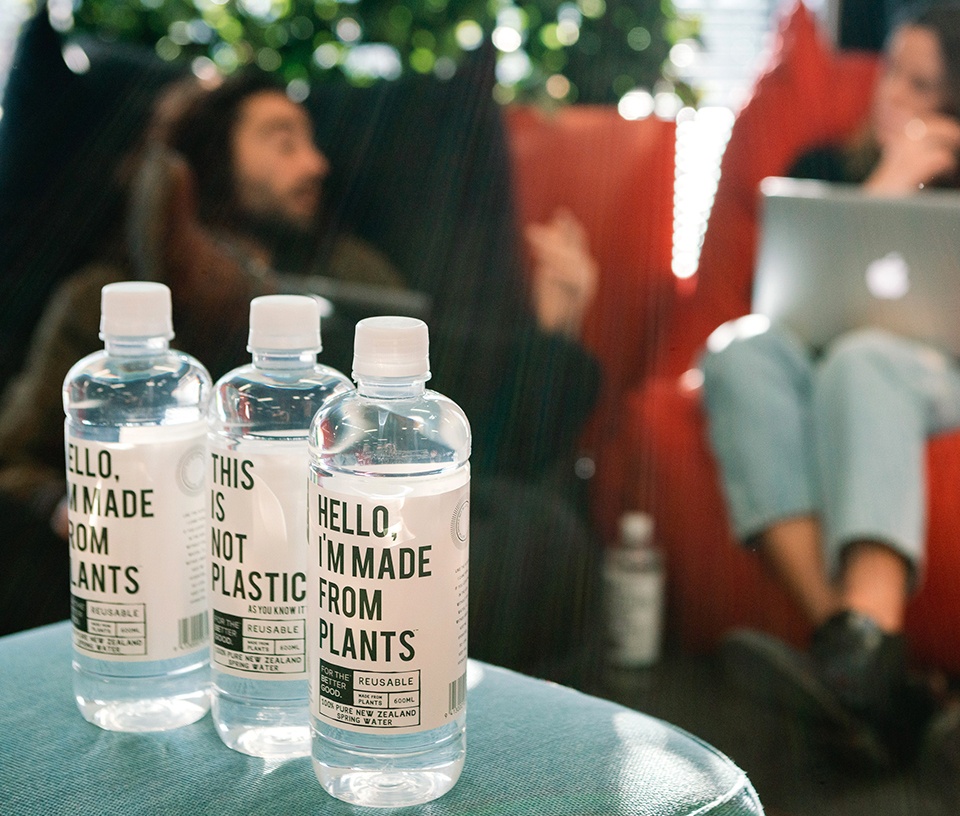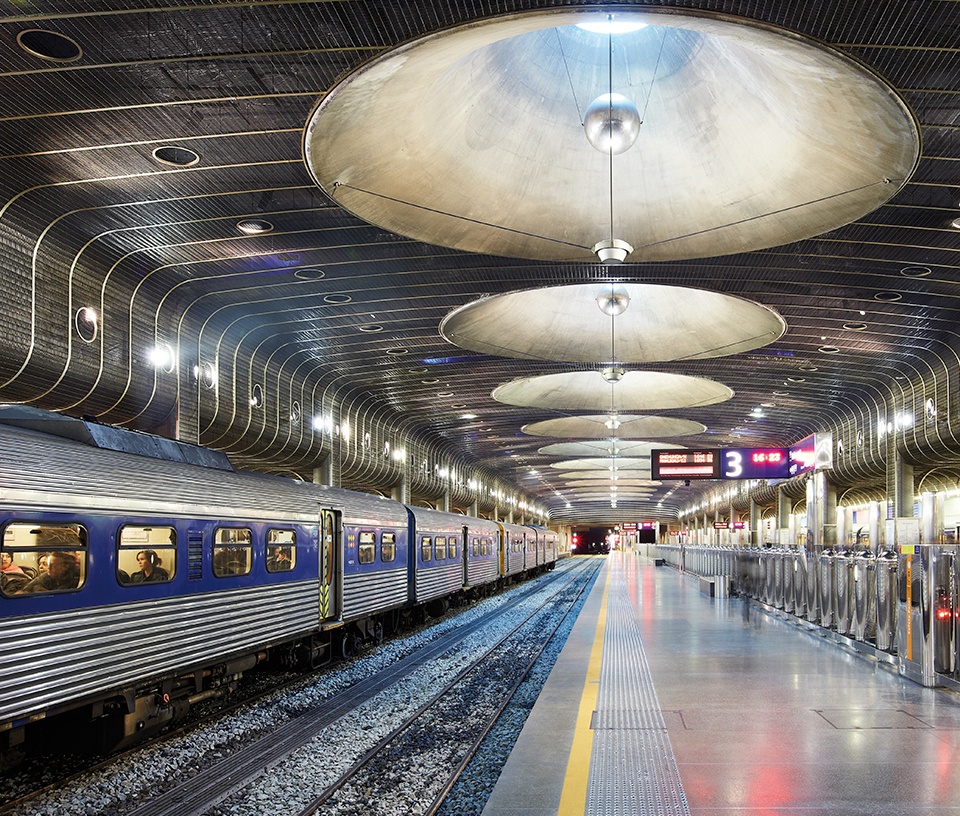Green economy

The green economy is unlocking new economic development and innovation opportunities for a prosperous, low-carbon future.
Auckland Council has joined cities around the world by declaring a climate emergency, and is working toward a zero-emission and climate-resilient region. As we move to regenerative economic principles, we will need to create and invest in new technologies and nature-based solutions. The impact of climate change will be central to all decision-making processes, and new policies will affect all our key sectors, including construction, tourism, and food and beverage, amongst others.
The city’s Climate Action Framework, Te Tāruke-ā-Tāwhiri, is in development, and the Auckland Plan 2050 prioritises the move to a low-carbon economy and increasing green infrastructure across our region.
Why Auckland?
Net zero emissions by 2050
Within 30 years, Auckland is projected to grow from a city of over 1.6 million to 2.4 million, requiring another 300,000+ dwellings and 250,000+ jobs. Dynamic and adaptive planning will be key to achieving the region’s net zero emission target by 2050, alongside the need to build resilience to climate change. This presents an opportunity for new business models and nature-based innovations, requiring the adoption of new technologies. Fossil fuels will be phased out and replaced with feasible, localised renewable energies, such as hydrogen, wind and solar power.
Zero waste by 2040
Auckland aspires to be a zero-waste region by 2040. As a concept, zero waste aligns with te ao Māori (the Māori world view) and the tradition of kaitiakitanga (guardianship) to sustain and restore our collective resources. Auckland’s Waste Management and Minimisation Plan 2018 calls for closer collaboration with the commercial sector to manage organic, plastic, construction and demolition waste, and diverting waste materials into new economic activities. This presents opportunities for investment in new resource recovery infrastructure and waste management solutions.
Green investment
Auckland Council is the first in New Zealand to issue green bonds. The first issue in 2018 raised $200 million, with a subsequent $150 million raised in 2019. The bonds will help fund electric trains and associated infrastructure, improve cycleways, and procure zero-emission buses by 2025. Auckland Council is also a partner of The Aotearoa Circle, a partnership of public and private sector leaders committed to the pursuit of sustainable prosperity and reversing the decline of New Zealand’s natural resources.
At a national level, the New Zealand Green Investment Finance Limited (NZGIF) is a Crown-owned investment vehicle that invests in large-scale activities, enablers and technologies to support the government’s greenhouse gas reduction targets. NZGIF acts as an independent investor and follows a typical professional investment process – interested parties can provide a business model and information setting out how the proposed investment would materially fulfil their investment mandate.
Circular economy
Auckland is taking the lead in moving towards a ‘circular economy’. Known for its entrepreneurial culture and highly connected community, Auckland is home to New Zealand’s first circular economy lab, XLabs, launched in February 2020. Moving towards a circular economy could add a potential $6.3–$8.8 billion to Auckland’s GDP by 2030. In line with our Climate Action Plan – Te Tāruke-ā-Tāwhiri – the region plans to embed circular principles into Auckland’s land use, water management, food and construction waste, transport and logistics.
- $6.3-$8.8b
- potential extra GDP for Auckland by 2030.
- 0
- waste by 2040.
- ½
- target to halve emissions by 2030 and achieve net zero emissions by 2050
- 84%
- of our electricity generation is from renewable energy sources, ranking fourth in the OECD.

Green infrastructure
Building and infrastructure decisions made today are instrumental in reducing emissions and managing climate change.
New materials, building techniques, monitoring and building control technologies will be key to this. Phasing out fossil fuels and transitioning to renewables will require investment in energy generation, storage and management infrastructure, and population growth will drive the need for investment in water-related infrastructure. A pivotal element of building these more resilient systems is decentralisation, which will present opportunities for micro-generation and localised smart networks.

Waste minimisation
In order to become a zero-waste region by 2040, the city needs to hasten the transition from waste management to resource recovery.
Historically, New Zealand has been slower than the rest of the OECD in implementing contemporary waste management programmes, so there is a huge call for modernisation. Construction and demolition (C&D) is Auckland’s largest single waste stream and, coupled with population growth and the need to build more homes, the city is looking for solutions such as prefabricated housing and the use of recycled materials.
Minimising food waste also presents an enormous opportunity with a range of solutions under way in Auckland, including commercial organic collection services, conversion of waste to animal feed, anaerobic digestion, commercialisation of fruit with visual defects and the reduction of plastic packaging.

Transport and logistics
Auckland’s road users have been the largest contributors to the city’s carbon footprint.
There is now an appetite for new modes of transport, such as zero- or low-emission vehicles, shared-use car and bicycle schemes, and artificially intelligent fleet traffic management. Auckland is also committed to increasing the frequency, affordability and availability of public transport, as well as the use of innovative energy solutions at our ports and freight terminals. Reducing emissions through more efficient freight systems is a major opportunity, as is the implementation of a network of waste collection and service delivery without fossil fuel vehicles.

Opportunity
Unique plastic recycling company who use the principles of circularity to transform corporate plastic waste from various sources into unique products.
Learn more about Auckland’s green economy from these industry websites and reports:
- Climate Connect Aotearoa is a hub for collaborative climate innovation that will help the transition to a climate resilient and low carbon Tāmaki Makaurau and beyond.
- From the Auckland Economic Insights Series, Circular Economy: a new dynamic for Auckland businesses quantifies the economic benefits of a circular economy on Auckland. Published by Auckland Tourism, Events and Economic Development (ATEED).
- The Circular Economy Opportunity for Auckland report publishes research from the Sustainable Business Network.
- XLabs, a circular economy lab for businesses in the Auckland region.
- The Circular Economy Accelerator is focused on speeding up the adoption of the circular economy in New Zealand.
- The Energy in New Zealand report is published by the Ministry of Business, Innovation and Employment (MBIE) to provide comprehensive information on and analysis of New Zealand’s energy supply, demand and prices.
- The Auckland Waste Management and Minimisation Plan, published by Auckland Council.
- Auckland’s Climate Action Framework by Auckland Council sets a path to rapidly reduce greenhouse gas emissions and to help prepare the city for the impacts of climate change.
- The Auckland Plan 2050, a long-term spatial plan by Auckland Council, looks at the key challenges of high population growth, shared prosperity, and environmental degradation.